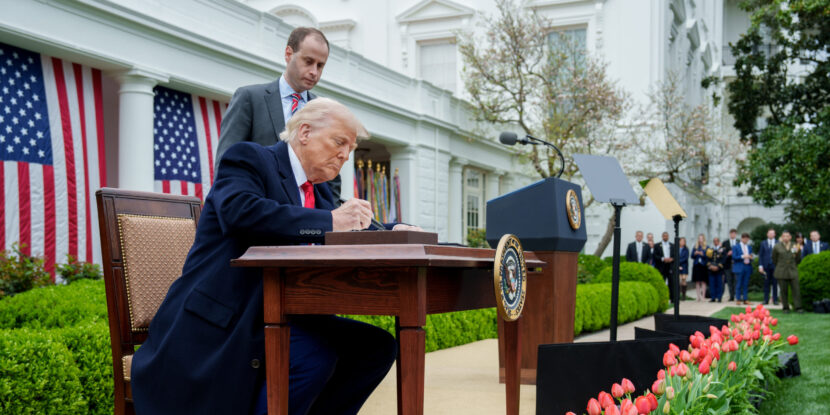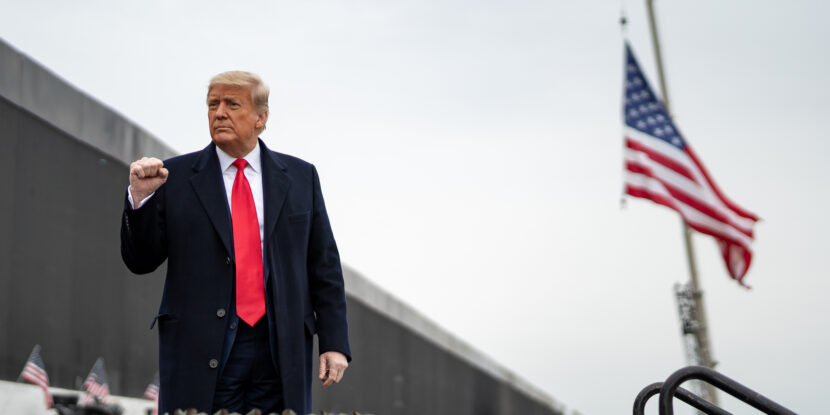PULSE POINTS:
❓What Happened: The Trump administration has granted a temporary tariff exemption for various electronics, including smartphones and laptops, amidst ongoing trade tensions with China.
👥 Who’s Involved: The Trump administration, U.S. Customs and Border Protection (CBP), and tech companies reliant on these imports.
📍 Where & When: The exemptions are effective retroactively from April 5, announced on Friday night.
💬 Key Quote: “These products are subject to the existing 20 percent Fentanyl Tariffs, and they are just moving to a different Tariff ‘bucket,'” President Donald J. Trump explained.
⚠️ Impact: The exemptions provide temporary relief for tech companies and consumers while keeping on pressure to “reshore” manufacturing to the U.S. over the longer term.
IN FULL:
The Trump administration has rolled out a temporary reprieve from some tariffs for various everyday electronics, easing pressures on tech companies and consumers while maintaining pressure on China. U.S. Customs and Border Protection (CBP) revised its tariff guidelines Friday night, itemizing 20 product categories now exempt from reciprocal tariffs.
Effective retroactively to April 5, the exemptions cover laptops and smartphones, among other electronics. On Truth Social, President Donald J. Trump explained, “NOBODY is getting ‘off the hook’ for the unfair Trade Balances, and Non Monetary Tariff Barriers, that other Countries have used against us, especially not China,” and that the products will still be “subject to the existing 20 percent Fentanyl Tariffs… they are just moving to a different Tariff ‘bucket.’ We are taking a look at Semiconductors and the WHOLE ELECTRONICS SUPPLY CHAIN in the upcoming National Security Tariff Investigations.”
The exemptions provide for refunds of tariffs collected post-April 5. Trump officials have emphasized the temporary nature of this measure, stressing potential new semiconductor-specific tariffs within months.
Desktop computers—including components like disc drives—are included in the exemption list alongside laptops and smartphones under “automatic data processing machines and units thereof.” Computer parts, solid-state drives, flat-panel display modules, routers, and various semiconductor products are also covered, accounting for sectors with high import needs and—for now—limited domestic output.
Dan Ives of Wedbush Securities called the move “a game-changer scenario when it comes to China tariffs.” China has been one of the only countries to attempt a reciprocal battle with the United States over President Trump’s new tariffs. Last week, the one-party communist dictatorship accused the U.S. of “bullying and coercion” while imposing 125 percent tariffs on American goods. However, such measures are of limited usefulness, with China as a surplus economy, selling far more to the U.S. than vice versa.
READ:
Jack Montgomery contributed to this report.




















